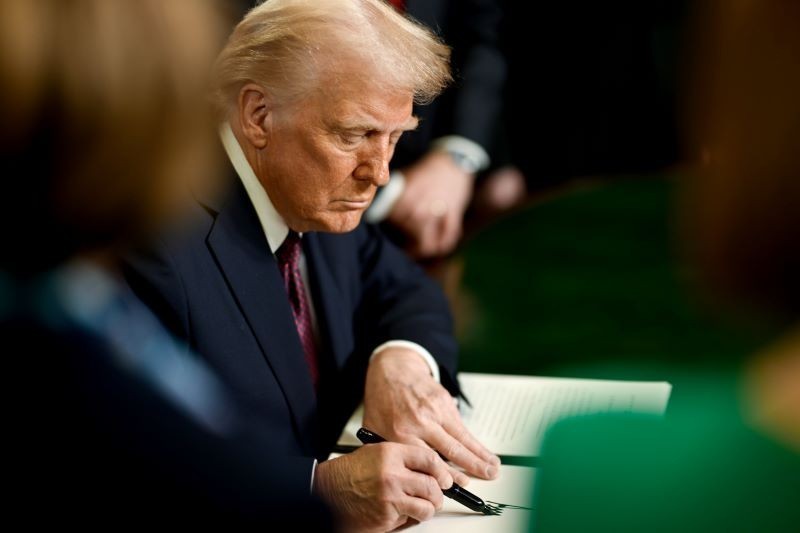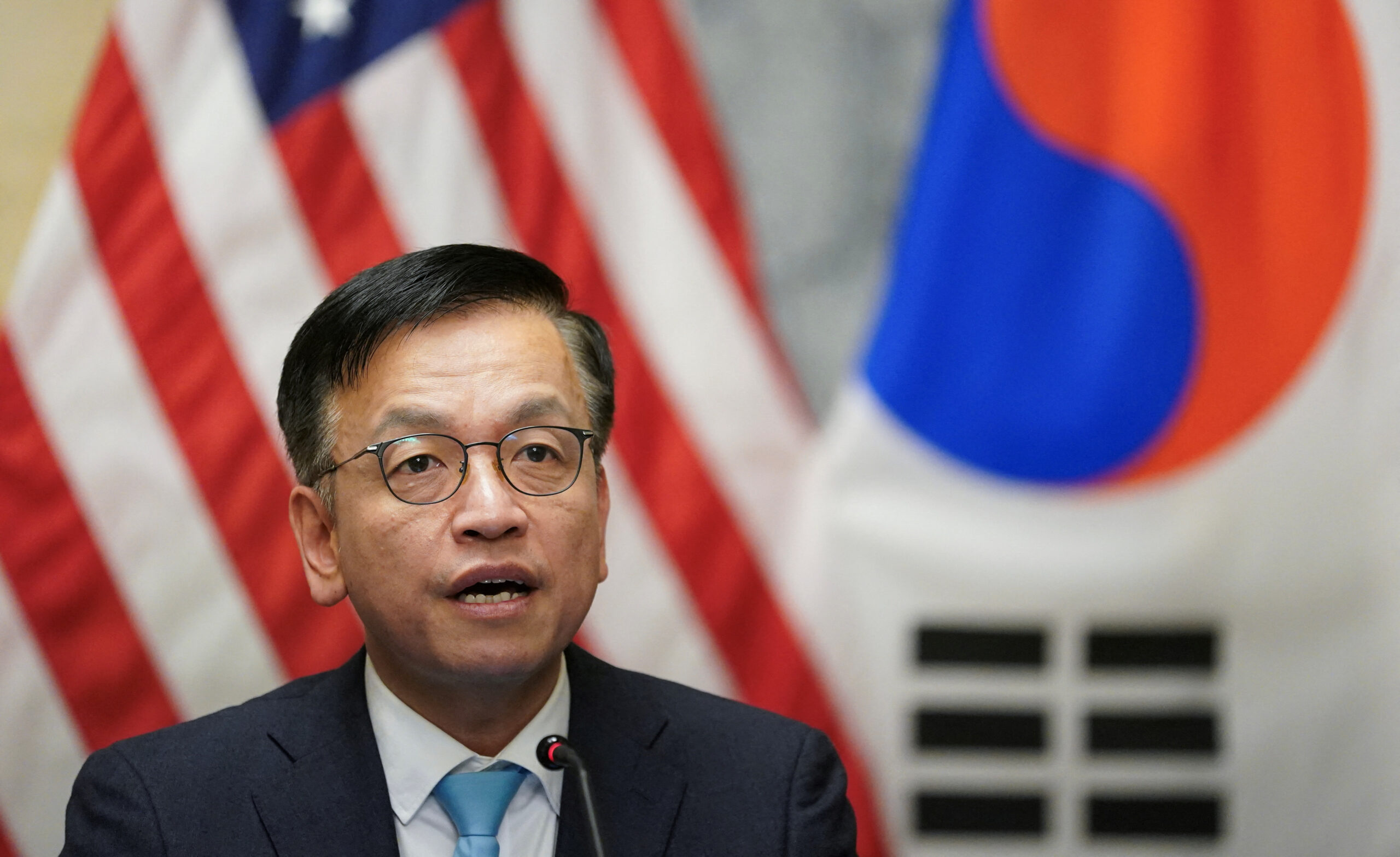The Joined Together States has formally informed the secretary-general of its withdrawal from the Paris Climate Assertion, viable January 27, 2026.
UN representative, Stéphane Dujarric reported this at a news briefing on Tuesday in Modern York.
The notable agreement signed by 193 nations in December 2015 to keep temperature rises below 1.5°C over pre-industrial levels was marked by the U.S. on April 22, 2016.
Amid Trump’s to begin with the term, the U.S. pulled back from the Assertion on November 4, 2020, and sometime recently his successor took the nation back into the agreement on February 19, 2021.
The UN representative said the most recent withdrawal would not moderate down the UN’s endeavors to combat climate alter.
“We reaffirm our commitment to the Paris Understanding and to bolster all compelling endeavors to restrain the rise in worldwide temperature to 1.5 degrees Celsius,” Dujarric said.
The worldwide community proceeds to work towards the objectives set by the assertion in spite of the U.S.’s choice to pull back.
In a related improvement, the UN World Wellbeing Association has requested concerted activity to handle dismissed tropical illnesses, which affect more than one billion individuals – regularly annihilating well-being and social and financial results.
Each year, around 800 to 900 million individuals are treated for at slightest one ignored tropical malady, according to the UN Well-being Organization, which cautioned that worldwide warming has risen as a risk in this field of pharmaceutical.
The list of tropical illnesses is long and incorporates Buruli ulcer, Chagas infection, dengue, chikungunya, and dracunculiasis.
They tend to flourish among powerless individuals who live in destitution and are caused by infections, microbes, parasites, organisms, and poisons.
Advance in handling these illnesses remains hampered by a need of speculation and struggle, the WHO said, ahead of World Ignored Tropical Illness Day on Thursday.
Nowadays, 54 nations have effectively killed at least one dismissed tropical malady; WHO’s objective is for 100 nations to do the same by 2030.




